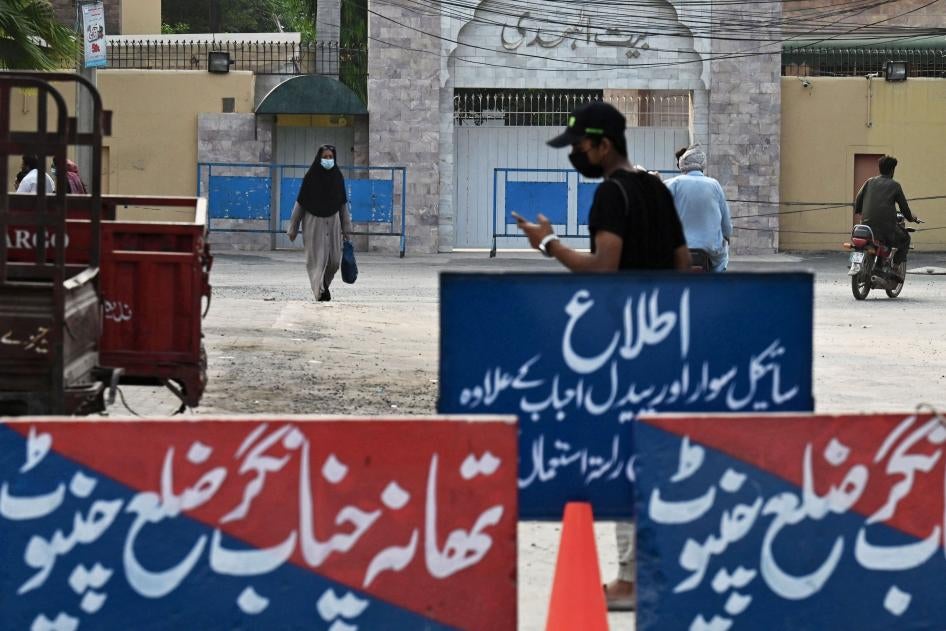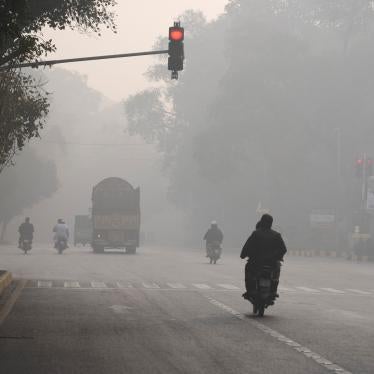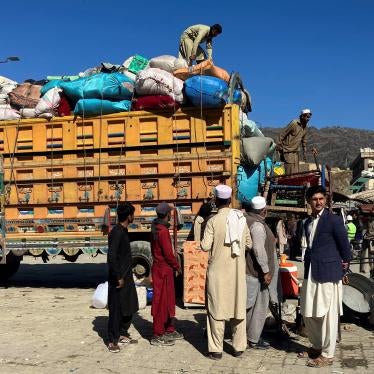As Pakistan prepares for nationwide parliamentary elections in February 2024, one religious group remains largely disenfranchised.
Discriminatory provisions in Pakistan’s electoral law effectively exclude members of the Ahmadiyyah community because of their religious beliefs. To register as voters, Ahmadis must either renounce their faith or agree to be placed in a separate electoral list that categorizes them as “non-Muslim.” Self-identification as Muslims, however, is a cornerstone of Ahmadiyya religious belief. Because of this, Ahmadis, who number more than 500,000 in Pakistan, have in practice, been denied the right to vote in local, provincial, and national elections.
In 2002, Pakistan abolished an electoral system in which Muslims and non-Muslims registered and voted in separate categories. The government also created a separate category for Ahmadis. Since then, all Pakistani citizens vote according to a single electoral list except the Ahmadis, who vote on a separate list.
Pakistan’s most recent elections law, Elections Act 2017, retained those provisions regarding the status of the Ahmadis. Under Pakistani law, if someone objects to any voter being identified as non-Muslim, the election commission can summon the person to declare they are not Ahmadi, otherwise they are added to the non-Muslim list. Rather than deny their beliefs, most Ahmadis end up not voting at all.
In addition to being denied suffrage, the Ahmadiyya community faces deadly violence from militant Islamist groups. Having a separate list of all registered Ahmadi voters with contact information places them at greater risk of targeted attacks. In recent years, hundreds of Ahmadis have been injured and killed in bombings and other attacks.
Pakistani law effectively legalizes and even encourages persecution of the Ahmadiyya community. The penal code explicitly discriminates against religious minorities and targets Ahmadis in particular by prohibiting them from “indirectly or directly posing as a Muslim.”
Pakistan’s upcoming elections cannot be considered free and fair if an entire community is effectively excluded from the electoral process. Religious disagreements do not justify denying people their right to vote. Pakistani authorities should allow the full and equal participation of members of the Ahmadiyya community in the general elections and beyond.










